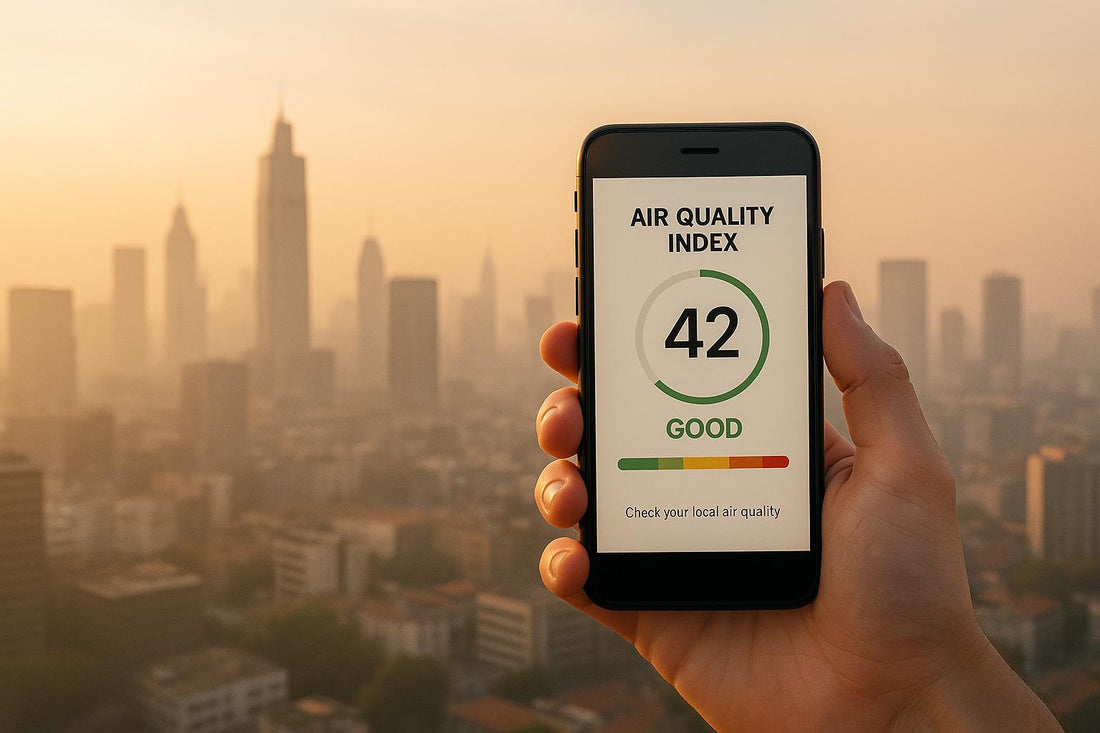
Air Quality Calculator: Check Your Local Air
Partager
Understanding Air Quality: Why It Matters to You
In today’s world, knowing what’s in the air around us is more important than ever. Poor air conditions can sneak up on you, impacting everything from your daily jog to your kids’ playtime outside. That’s where tools like an air pollution assessor come in handy. They break down complex data into something actionable, giving you a clear snapshot of potential risks in your environment.
How Air Impacts Your Health
Breathing in pollutants like PM2.5 or Nitrogen Dioxide isn’t just a minor nuisance—it can affect your lungs, heart, and overall well-being over time. Certain groups, like children, the elderly, or those with asthma, feel the effects even more. A quick check of your local atmosphere can reveal whether it’s a day to stay indoors or if the coast is clear for outdoor plans.
Taking Control with Simple Tools
Thankfully, staying informed doesn’t have to be complicated. With a user-friendly platform to evaluate your surroundings, you can make smarter choices about when to mask up or limit exposure. Small steps like these, grounded in real data, empower you to protect your health without stress. So, next time you’re curious about what you’re breathing, take a moment to dig into the numbers—it’s worth it.
FAQs
What does an AQI score actually mean for my health?
Great question! The Air Quality Index, or AQI, runs from 0 to 500 and tells you how clean or polluted the air is. A score under 50 is 'Good,' meaning minimal health risks. Between 51-100, it’s 'Moderate,' and sensitive folks might notice mild effects. Above 100, categories like 'Unhealthy' or 'Very Unhealthy' kick in, and that’s when most people should limit outdoor time, especially if it hits 150 or more. Our tool breaks this down with specific advice based on your score, so you’re not left guessing.
What if I don’t know the pollutant levels for my area?
No worries at all! If you don’t have specific data on pollutants like PM2.5 or Ozone, just pop in your city or zip code. We’ll use average values based on general EPA or WHO guidelines for urban or rural settings. It’s not as precise as real-time data, but it gives you a solid starting point to understand your local air quality and any potential health concerns.
How accurate is this Air Quality Calculator?
We’ve built this tool to be as reliable as possible by sticking to EPA formulas for calculating AQI scores. If you input specific pollutant levels, the results reflect those directly. Without custom data, we lean on trusted averages and guidelines, which are still pretty helpful for a general sense of air quality. Keep in mind, though, that real-time local conditions can vary, so for critical health decisions, checking with local monitoring stations is a smart move alongside using our calculator.
